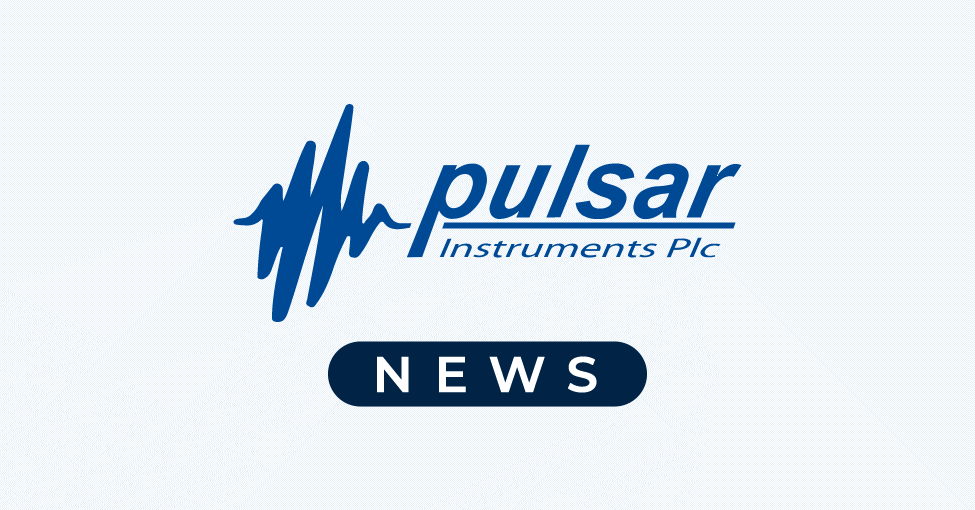Decibel levels in public houses and entertainment venues are set to rise over the next few weeks as many people enjoy going out to watch the World Cup Football matches.
Whilst this creates a great atmosphere for those watching, if you employ bar or floor staff, or security agents, do remember to ensure that your employees exposure to noise levels in the work environment remains within the legal limits to prevent any hearing damage. This will also help protect your business from costly claims.
In the UK, the pub and entertainment industry come under the same Noise Regulations as other industry sectors. Whilst everyone employed has a responsibility to help with noise management, it is the employer who is legally responsible for complying with the Control of Noise at Work Regulation (2005). The Regulations state employers need to manage the risk to all their employees (full time and part-time and, where possible, freelancers). Staff who work in this industry also have a legal duty to wear hearing protection as instructed by their employer, and follow any other guidance to remain ‘safe’ from exposure to excessive noise.
Ways to limit noise exposure
- Assess the risks to employees from noise at work;
- Use a noise meter to measure noise such as the Pulsar Model 14, ideal for quick noise level assessments, or the Pulsar Nova Model 44 is designed specifically with the Control of Noise at Work Regulations in mind. Another device to help monitor personal exposure to noise would be the Pulsar NoiseBadge or NoisePen; the perfect tools to measure noise exposure levels of workers that move about, from one area into another, such as in a large pub or club during shift.
- Take action to reduce the noise exposure that produces those risks;
- Provide employees with hearing protection (such as earplugs) if the noise exposure cannot be reduced sufficiently by using other methods; use a noise-activated warning sign to inform staff when they need to wear the protection.
- Reduce duration of shifts for staff at risk of hearing damage.
- Make sure the legal limits on noise exposure are not exceeded;
- Provide employees with information, instruction and training;
- Carry out health surveillance where there is a risk to health.
You can also refer to the Health and Safety Executive’s dedicated website called ‘Sound Advice’ designed to provide specific advice for those working in these sectors.
The key thing to remember is what is the overall personal noise exposure for staff, that is, what sound level are they exposed to and how long do they spends working in that environment. It is important to be able to capture, record and normalise this data to a daily or weekly exposure figure against the recommended exposure action and limit values used to prove whether you are compliant or not.
For more information complete our contact form, email [email protected] or call +44 1723 518011.


